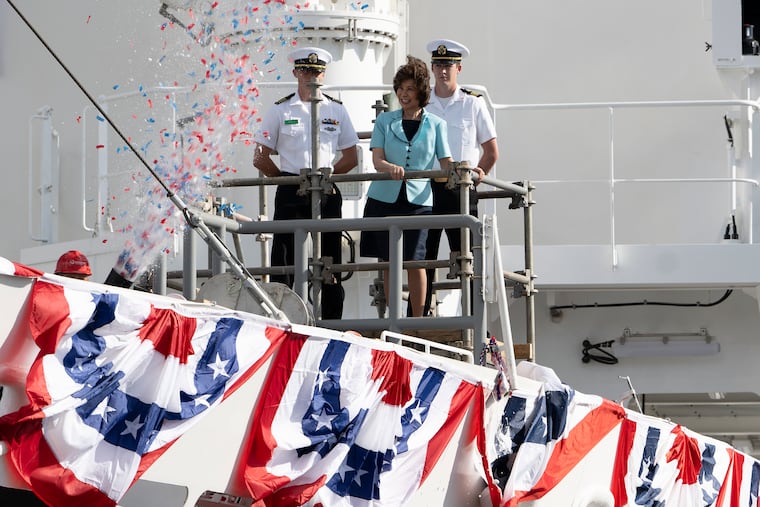Iran enacts legislation to suspend cooperation with the IAEA amid ongoing fragile ceasefire in Israel.

Iran’s parliament has recently enacted a significant legislative measure, officially voting to suspend cooperation with the International Atomic Energy Agency (IAEA). This move signals Iran’s steadfast commitment to its civilian nuclear program, particularly in light of the challenges posed by military actions from Israel and the United States.
The parliamentary vote took place following the conclusion of a US-Qatar-brokered ceasefire that ended 12 days of intense hostilities between Iran and Israel, which included military interventions targeting three Iranian nuclear sites. The Foreign Ministry spokesperson, Esmaeil Baghaei, emphasized this decision as a conditional suspension rather than a total cessation of dialogue with the IAEA, which serves as the United Nations’ nuclear watchdog.
Baghaei underscored the issue of trust in diplomacy, stating that the US has undermined negotiations and damaged vital nuclear infrastructure. He reaffirmed Iran’s rights under the Non-Proliferation Treaty to pursue peaceful nuclear energy. The new parliamentary bill delineates specific conditions for resuming future engagements with the IAEA, prioritizing the safety and security of Iranian scientists and their facilities.
Before the vote took place, Parliament Speaker Mohammad Bagher Ghalibaf criticized the IAEA for its perceived failure to condemn recent attacks on Iran’s nuclear infrastructure, stressing that the Atomic Energy Organization of Iran would advance its peaceful nuclear program more vigorously until security concerns are adequately addressed.
Historically, Iran has maintained that its nuclear ambitions are strictly peaceful, a position supported by US intelligence and IAEA assessments indicating that Tehran is not currently pursuing a nuclear weapon. In response, IAEA Director-General Rafael Grossi has expressed intentions to engage with Iran regarding the inspection of its nuclear facilities.
The geopolitical climate surrounding Iran remains intricate, with ongoing discussions about its nuclear capabilities following the conflict. Insights from Al Jazeera’s Ali Hashem, reporting from Tehran, suggest an unwavering commitment from Iran to continue its nuclear program despite external pressures.
The Kremlin characterized Iran’s legislative action as a direct reaction to US and Israeli military offensives, reflecting the complex dynamics at play in the region. While US military assessments indicate that the strikes have temporarily impeded Iran’s nuclear initiatives, the overarching implications for Iranian sovereignty and security remain significant.
As the dust begins to settle in the aftermath of the conflict, there are signs of normalization returning to Iran. Authorities have indicated plans to restore internet services and reopen airspace. This progress follows recent tragedies, including a rise in casualties due to the hostilities, with health officials reporting 627 fatalities and over 4,800 injuries in the aftermath of the attacks.
With ongoing dialogues between US and Iranian officials expected to resume shortly, the situation remains fluid, underscoring the importance of diplomatic engagement over military confrontation in fostering stability in the region.
#MiddleEastNews #PoliticsNews






